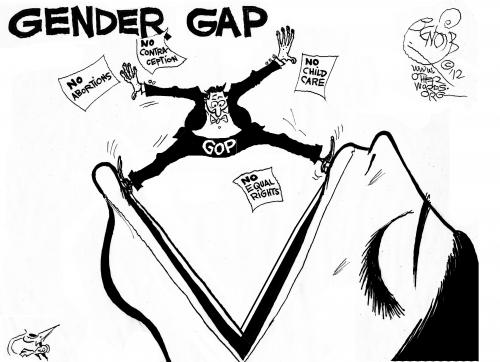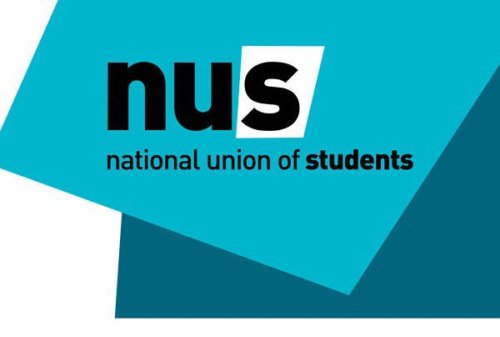By Gavin Mackintosh-
The National Union of Students (NUS) have released a report highlighting the post-university circumstances of the first graduates to have paid £9,000 annually in tuition fees, after costs were increased in 2012.
 The report findings revealed that 47 percent of students were living with their parents seven months after graduating.
The report findings revealed that 47 percent of students were living with their parents seven months after graduating.
But the bad news didn’t end there. Seven out of 10 students surveyed said they were concerned about the student debt they had accumulated, and half thought their degree wasn’t worth the fees.
More than three-quarters of graduates said they are concerned the government might change the terms of their student loans to make them pay back more.
Approximately 8 percent said they were unemployed, while 17 percent were studying for a post-graduate qualification. In relation to employment, 52 % were in full-time work, while 13 percent were working part-time and 2 percent were self-employed.
WORTH
 Also, 7 out of 10 of the graduates interviewed felt the £9 m paid for tuition fees was not worth it.
Also, 7 out of 10 of the graduates interviewed felt the £9 m paid for tuition fees was not worth it.One thing the report does not state is what proportion of the 500 graduates from British Universities interviewed online, undertook a placement year before their final year, neither did it state the proportion of students who were unemployed did a placement year, or the final grades they got.
COMPETITIVE
The job market is very competitive , and graduate jobs usually want students with a first class degree or a second upper class. On top of that there is a filtering selection process between students from different universities, often taking into account their general broad knowledge and work experience.
, and graduate jobs usually want students with a first class degree or a second upper class. On top of that there is a filtering selection process between students from different universities, often taking into account their general broad knowledge and work experience.
Sorana Vieru, NUS vice president for higher education, spoke of the “double jeopardy” faced by students upon graduation.
“They enter the world of work having paid far more for their education, with the debts hanging over them. Yet they receive far less benefit from this education in the labor market compared to previous generations, while living costs keep rising and the welfare safety net is shrinking,” Vieru said in a statement.
WOMEN
The report also concluded that women found themselves in a less fortunate situation than men, with three times as many men employed in full-time jobs earning more than £30,000. The report again fails to say what proportion of those women pursued work placement year, achieved good grades at University, or pursued extracurricular activities whilst at University, like being part of a University debating club or writing for the University paper
 Also, more than double the number of women earned less than £15,000 a year. Whilst the overall report does not fully reflective the benefits of a University education, it gives makes for disappointing reading when it comes to assessing the employment gains of higher education of for University students.
Also, more than double the number of women earned less than £15,000 a year. Whilst the overall report does not fully reflective the benefits of a University education, it gives makes for disappointing reading when it comes to assessing the employment gains of higher education of for University students.However, in real terms, it draws attention to the conscious value of performing well at University, and also undergoing a placement year. A large percent of those who take a placement year, are employed after graduation, especially for those with a second upper or first class degree, who also demonstrated competence, commitment, and organization during their placement years. Students are often eager to finish their degree without losing any year at all. A work placement is a benefit, not a loss.
T here was much uproar when tuition fees were significantly increased to £9,000. Many students may have been put off from because of the hike in fees, but a university education is always worth it for those students who take it seriously, and not treat higher education as social gathering for parties with the academic developmental side of things relegated to a secondary purpose, fit only for last minute preparation. Students from the nation’s best secondary schools who attend the best Universities are usually more employable than students from weaker secondary schools, but much often depends on the individual student and his or her drive to excel.
here was much uproar when tuition fees were significantly increased to £9,000. Many students may have been put off from because of the hike in fees, but a university education is always worth it for those students who take it seriously, and not treat higher education as social gathering for parties with the academic developmental side of things relegated to a secondary purpose, fit only for last minute preparation. Students from the nation’s best secondary schools who attend the best Universities are usually more employable than students from weaker secondary schools, but much often depends on the individual student and his or her drive to excel.
Students who attend University should aim to get the most out of it both academically and intellectually, without ignoring the invaluable benefits of social interaction. Those who opt against a one-year placement are best advised to have some summer work experience in the field where they plan to settle for a career.

